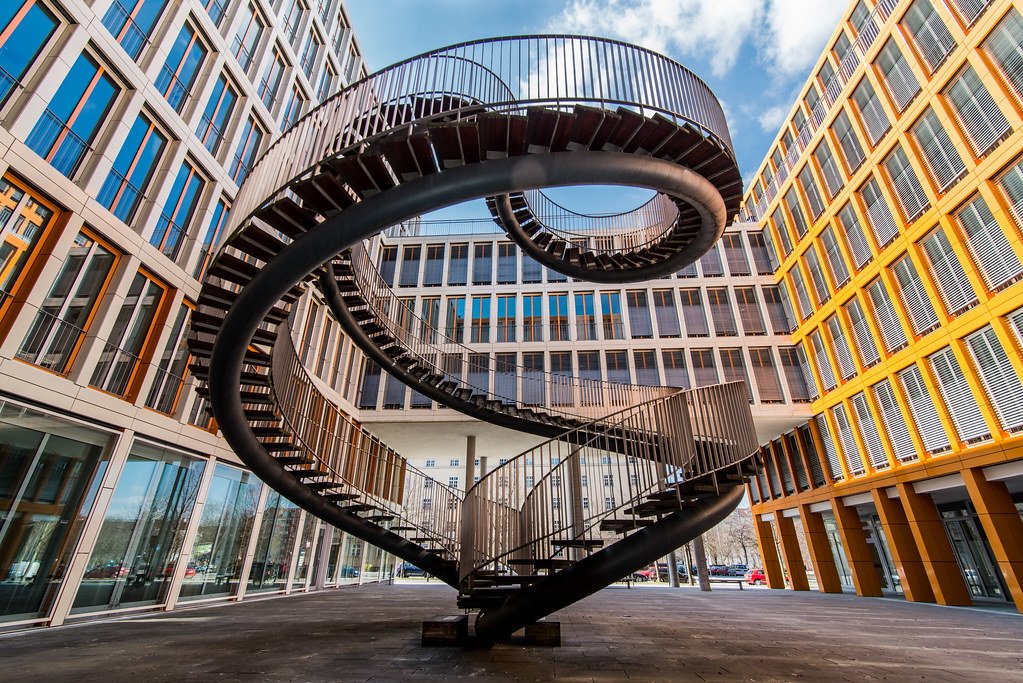What are the most important changes we need to make as a society to reach zero carbon?
We’ve known the causes of the climate crisis since the 1970s. Yet in 2023 — the hottest year on record, scarred by deadly wildfires in Canada, Greece, and Hawaii, catastrophic floods in Libya and Pakistan, and lethal heatwaves across India and Europe — global emissions still rose.
At COP28, world leaders pledged for the first time to “transition away from fossil fuels.” But the agreement was weak, riddled with loopholes, and shaped by the largest-ever fossil fuel lobby presence at a climate summit. Meanwhile, in the UK, ministers backtracked on key net zero commitments, delaying the phase-out of petrol cars and gas boilers, while promising new oil and gas licences.
This is the paradox: we already have the technologies and the knowledge to cut emissions. The biggest barriers to a zero-carbon world are not technical — they are human.
Society is not singular
When we talk about “society” reaching zero carbon, whose society do we mean?
The UK? Europe? China? Somalia? Singapore?
The climate crisis is global, but society is multi-polar. It is about cohesion and culture, but also culpability and capacity. What works in one place may not work in another — and there is no global authority empowered to enforce climate policy across borders.
Communication technology has made the world more interconnected than ever, yet also more fragmented: in wealth, values, worldviews, and political will. At the same time, competition for resources, influence, and power is intensifying.
Those countries least responsible for emissions are already bearing the greatest costs. And while Europe and the US cut emissions slowly, China, India, Brazil, and others — nations accounting for less than 10% of emissions in 1970 but now over 45% — face the challenge of balancing rapid growth and prosperity with global climate responsibility.
Systems vs. culture
The climate crisis was created by human systems and cultures. Individually, we may be told to buy less, fly less, waste less. Yet our economic structures continue to incentivise the opposite: buy more, use more, do more.
This paradox is reinforced by inequality. For example:
- Food waste generates three times the emissions of aviation worldwide. In the UK, both sectors account for ~8% of emissions. Yet the majority of food waste is blamed on households, when in truth it is driven by retail strategies designed to maximise sales. Until that system metric changes, food waste will persist.
- Carbon markets have been exposed as deeply flawed — with many offsets shown to be worthless or fraudulent — yet they remain the centrepiece of corporate “net zero” strategies.
- AI and data centres are booming, consuming vast energy and water resources, while being sold as “green solutions.”
The common theme is that emissions reduction is always entangled with human motivations, power structures, and economic systems.
What needs to change
A true pathway to zero carbon must address society at every level:
Governance
- Empower the UN with real authority, including punitive powers for climate violations.
- Introduce stricter rules on lobbying and close loopholes that allow fossil fuel profits to balloon unchecked.
- Ensure climate finance commitments (like the new “loss and damage” fund) are delivered fairly, not as geopolitical bargaining chips.
Economy
- Shift to “capitalism 2.0” where the costs of ecological and human harm are built into market prices through taxation and regulation.
- Support community energy projects, cooperative ownership, and domestic resilience in food production.
- Ensure green technologies are shared equitably, not hoarded as tools of influence.
Daily life & culture
- Make greener options the better options: faster, cheaper, safer, more enjoyable.
- Invest in safer transport by foot and bike, and reduce the need for private cars.
- Reframe people not as “consumers” or “employees,” but as citizens and neighbours.
- Tackle food waste at its systemic roots: retail practices, supply chains, and sales incentives.
The human challenge
The path to zero carbon is not just a technological challenge, but a human one. We must bridge divides between nations, classes, and cultures. We must make the climate crisis worth tackling for those who would not otherwise prioritise it.
That means co-benefits at every level: transport that is greener and cheaper; food systems that are fairer and healthier; energy that is renewable and community-owned.
The central obstacle remains the same: our societies and political systems are built to serve short-term interests and preserve existing power structures. Until we confront that reality, no technology alone will deliver zero carbon.
🌍 Ultimately, reaching zero carbon is about trust, justice, and shared humanity. The climate crisis is global, but solutions must be contextual, adaptive, and inclusive — ensuring that all voices are heard, especially those historically silenced.


